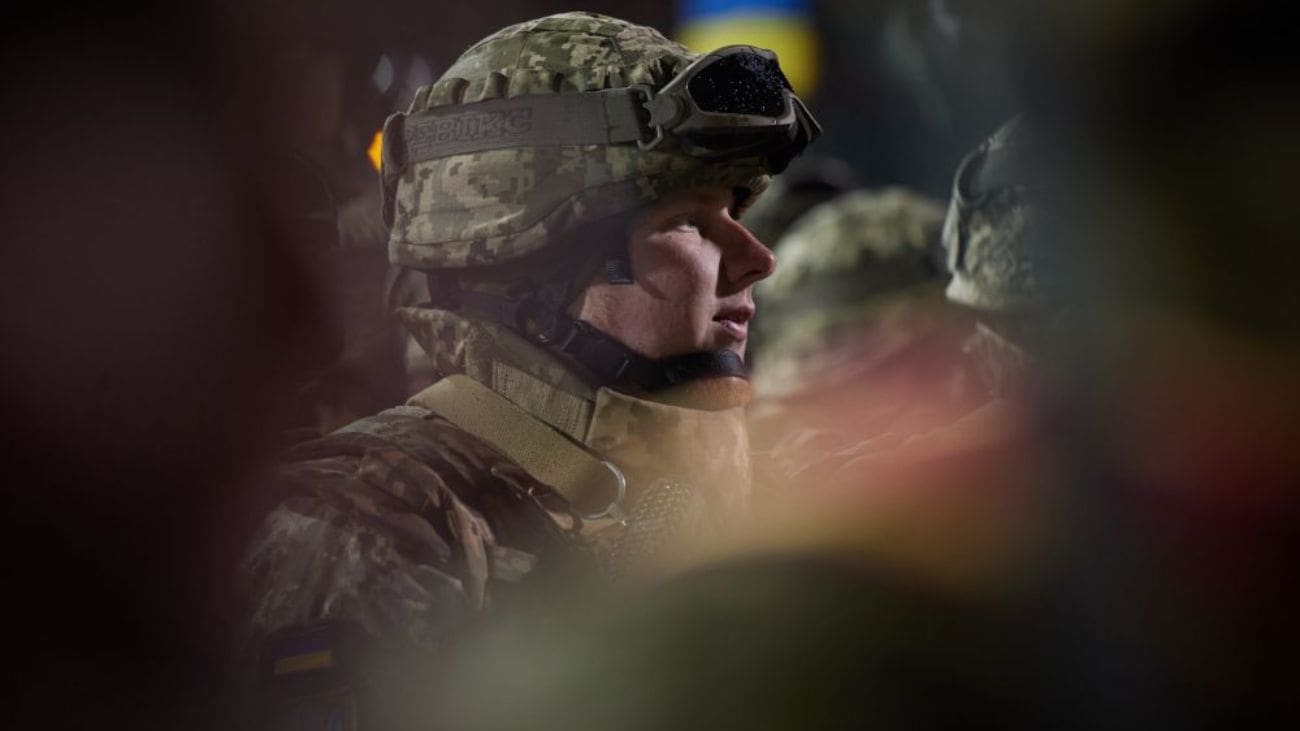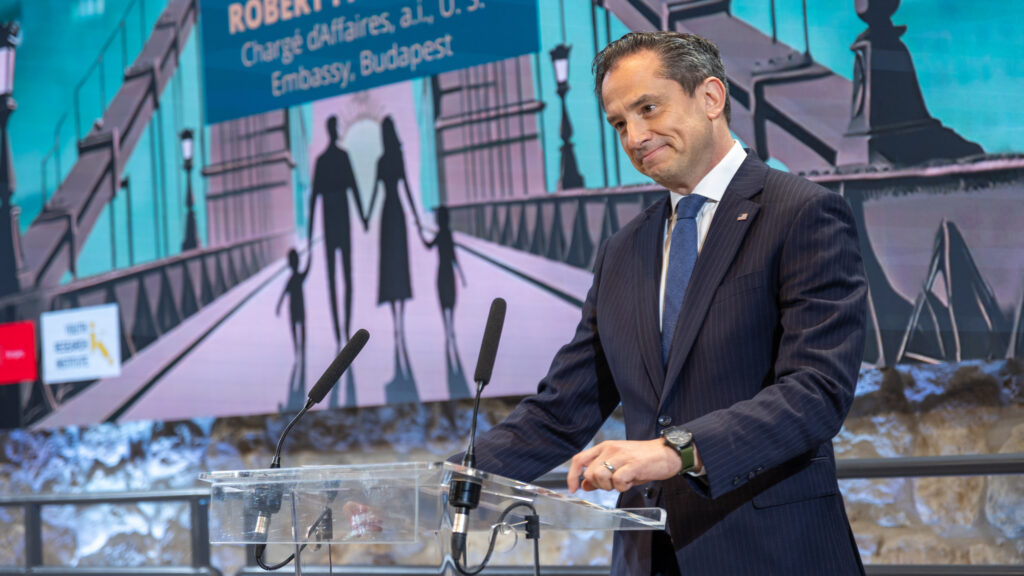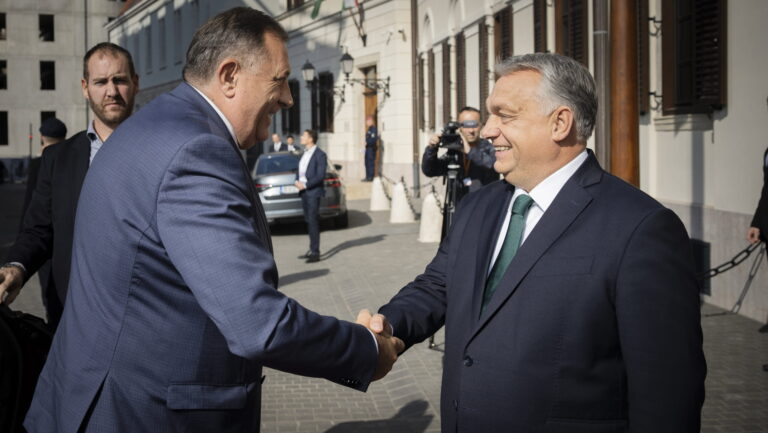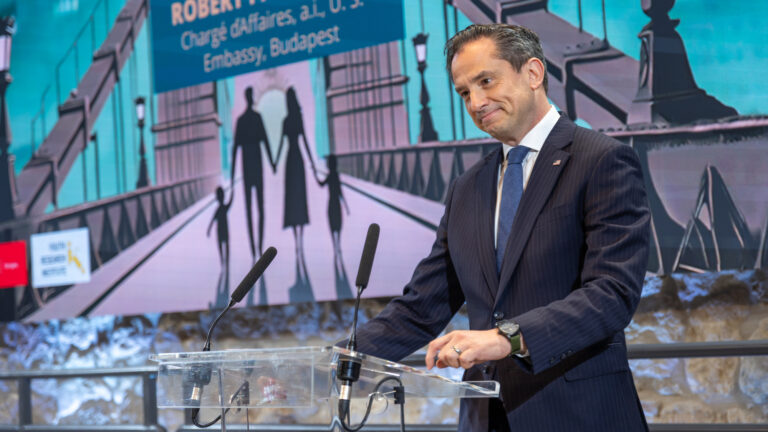A total of 86 per cent of Hungarians oppose sending European or NATO troops to Ukraine, according to a fresh survey by the pollster Századvég released on Thursday, 21 March. In a statement, the major polling firm noted that several European leaders had recently ‘joined in on the war rhetoric of French President Emmanuel Macron‘, proposing that European countries should support Ukraine in the war against Russia by sending troops of their own to the conflict.
Századvég shared that its survey found
75 per cent of Hungarians see the war as a conflict between the economic and military interests of the United States and Russia.
Hungarians also say the biggest obstacle to peace is that neither side is willing to compromise, the statement added.
Altogether 77 per cent of respondents said they had heard about the French president and other European, as well as Ukrainian, leaders urging the direct involvement of European troops in the conflict. Meanwhile, Századvég also found that 80 per cent of Hungarians say Russia is unlikely to attack Hungary if it achieves a military victory over Ukraine, while 79 percent also believe Russia would not attack NATO at all.
Related articles:
Sources: MTI/Hungarian Conservative








